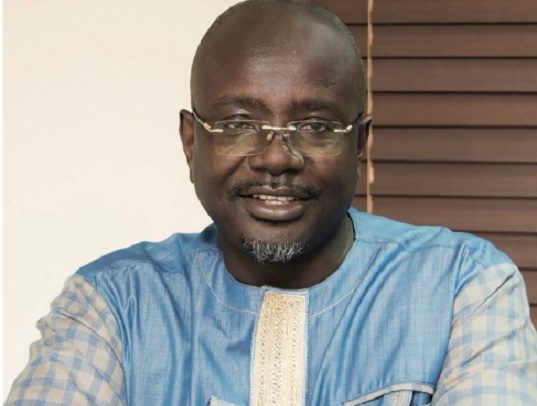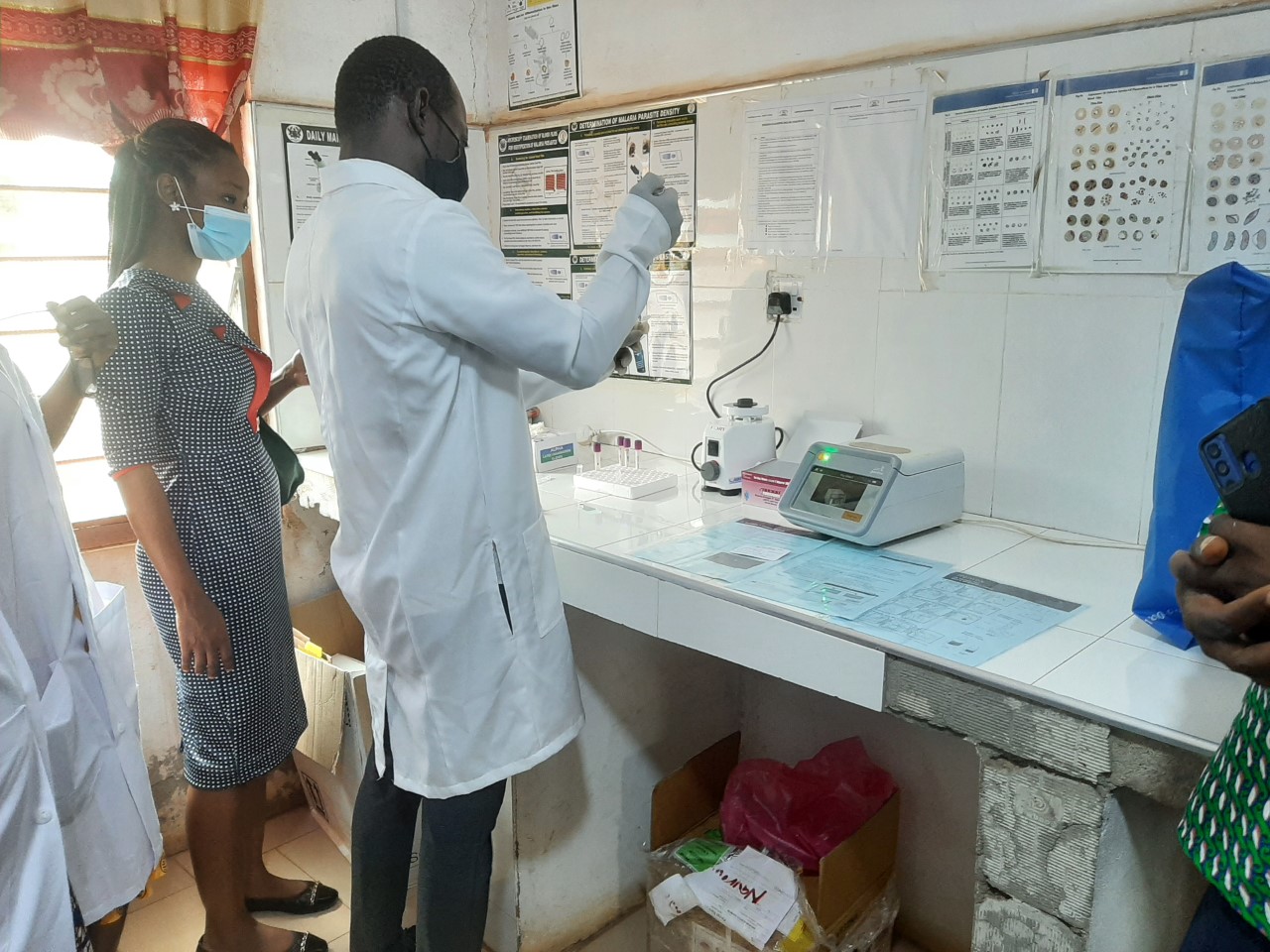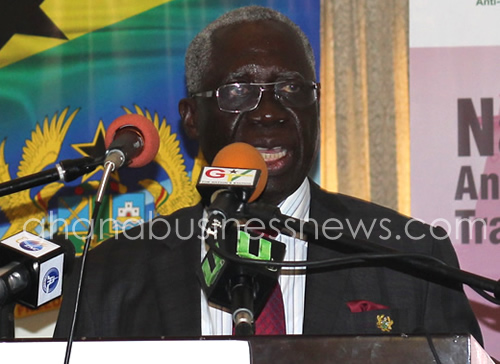
The West African International Magazine, in collaboration with private universities and tertiary education stakeholders in Ghana, successfully concluded the second round of conferences at the University of Professional Studies (UPSA) in Accra on Tuesday.
The event brought together prominent figures, including Chancellors, Vice Chancellors, Directors, and CEOs of private universities, as well as representatives from the Ghana Tertiary Education Commission (GTEC), to deliberate on the future of private tertiary education in Ghana.
Dr. Du-Otibu Asare, President of the West African International Magazine, highlighted the rapid growth of private universities in Ghana, a trend not mirrored in other regions like Western and Eastern Africa.
He noted that while the number of private institutions in Ghana has seen significant expansion, these institutions face challenges despite their growing presence.
Hilda Asante, Director of Corporate Affairs at GTEC, standing in for GTEC’s Director-General Professor Ahmed Jinapor, addressed the audience, noting that since 1987, the number of private universities in Ghana has steadily grown, reaching over 130 by the end of 2023.
She revealed that 711,695 students were enrolled in tertiary institutions in Ghana during the 2022/2023 academic year. Of this total, public tertiary institutions accounted for 633,408 students (89%), while private institutions enrolled 78,286 students (11%).
Challenges facing private universities
Asante emphasized that private universities face significant challenges, primarily due to their reliance on tuition fees for operational funding. Unlike public universities, which benefit from government support, private institutions struggle with limited funding. This financial gap affects their infrastructure, research capabilities, and ability to maintain academic quality. Additionally, high tuition fees restrict access for many students, leading to inequality in educational opportunities.
Another pressing issue for private universities is the difficulty in attracting and retaining qualified lecturers. Many lecturers, after obtaining PhDs sponsored by private institutions, opt for better-paying positions at public universities, further exacerbating the staffing challenges faced by private institutions.
Asante also pointed to Section 40(1) of the Education Regulatory Bodies Act, 2020 (Act 1023), which mandates that all affiliated tertiary institutions meet the requirements for a charter by the end of August 2024.
Institutions that do not meet the criteria may be granted a two-year extension if they demonstrate sufficient progress towards obtaining a charter. Over the past four years, GTEC has provided support to private institutions in this regard, with significant progress made.
The role of GTEC
Asante outlined the critical role GTEC plays in ensuring the sustainability and quality of private tertiary institutions:
Policy development and implementation: GTEC formulates policies on accreditation, quality standards, curriculum requirements, and financial sustainability to ensure that private institutions contribute positively to the education sector.
Accreditation and quality assurance: GTEC accredits institutions based on predefined quality standards, ensuring that they meet minimum educational requirements and provide value to students.
Monitoring and compliance: GTEC regularly monitors private institutions to ensure compliance with policies and standards, conducting inspections and reviewing financial and academic records.
Fair competition and market regulation: GTEC promotes fair competition between private and public institutions by regulating tuition fees, admissions, and marketing practices, fostering a competitive environment.
Addressing challenges and disputes: GTEC offers support and dispute resolution mechanisms to help institutions navigate financial instability, policy issues, and other operational challenges.
Promoting sector development: GTEC encourages international collaborations, partnerships, and investments in infrastructure and research to support the growth and sustainability of the private education sector.
The conference underscored the importance of addressing these challenges to ensure that private universities continue to thrive and contribute to Ghana’s overall educational and societal development.
The post West African International Magazine hosts conference on private tertiary education appeared first on The Business & Financial Times.
Read Full Story

















Facebook
Twitter
Pinterest
Instagram
Google+
YouTube
LinkedIn
RSS